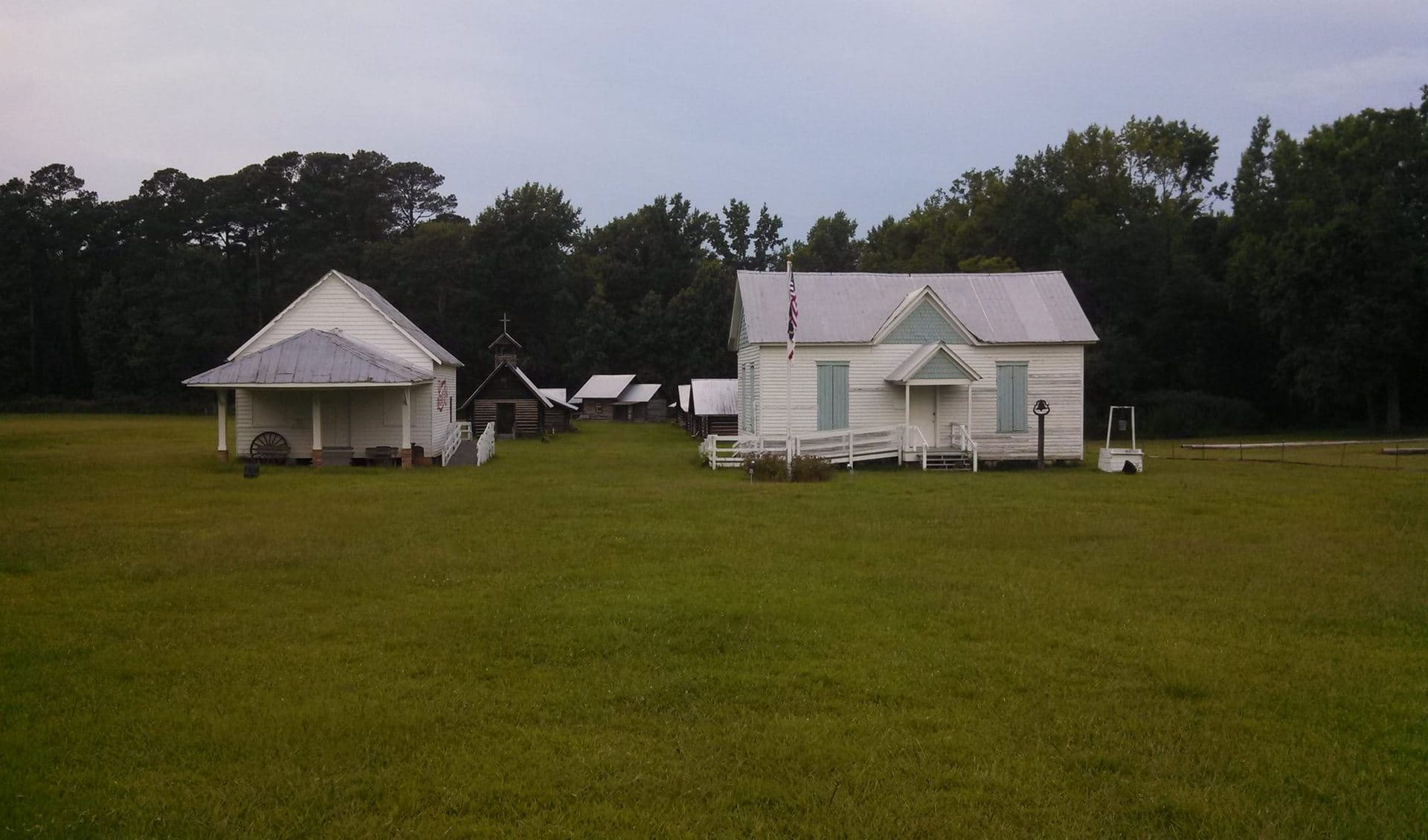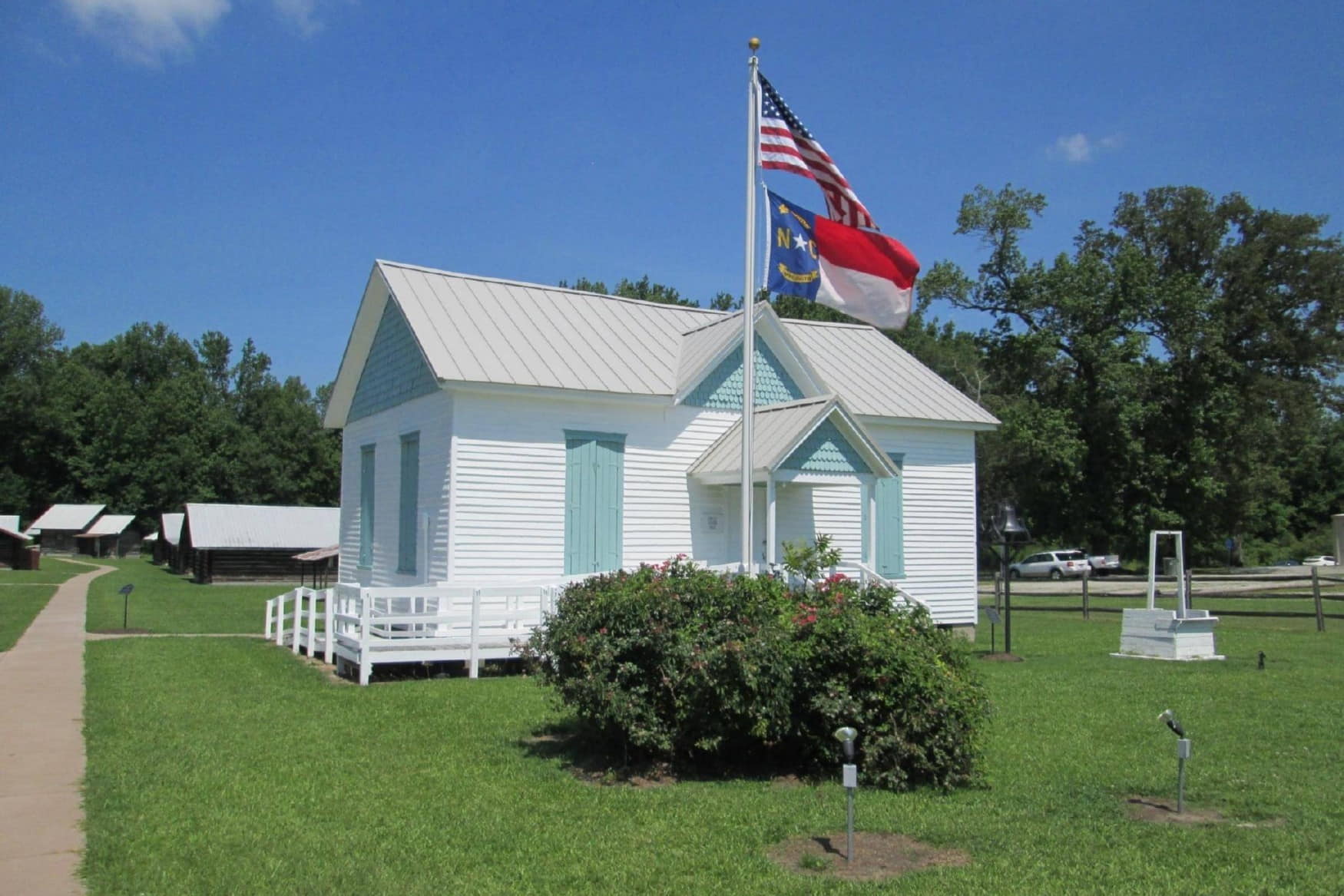The Eastern Carolina Village & Farm Museum is a captivating portal to the past, where the stories of rural life in Eastern North Carolina from 1840 to 1940 come alive. This museum is located in Pitt County and is a testament to the region's rich agricultural history and cultural heritage. With its collection of authentic structures and artifacts, the museum offers a unique glimpse into the lives of those who shaped the land. Preserving rural history is crucial, not just for nostalgia but for understanding the roots of modern society.
This museum does just that, inviting visitors to return in time and experience the charm and challenges of bygone days. Whether you're a history buff or a curious traveler, the Eastern Carolina Village & Farm Museum promises a fascinating journey through time.
Highlights
- Authentic Structures: Explore a variety of historical buildings, including a log church, blacksmith shop, and tobacco barn.
- Living History: Experience history through costumed docents and interactive exhibits.
- Unique Artifacts: Discover rare antiques like a Conestoga wagon and blacksmith tools.
Contents
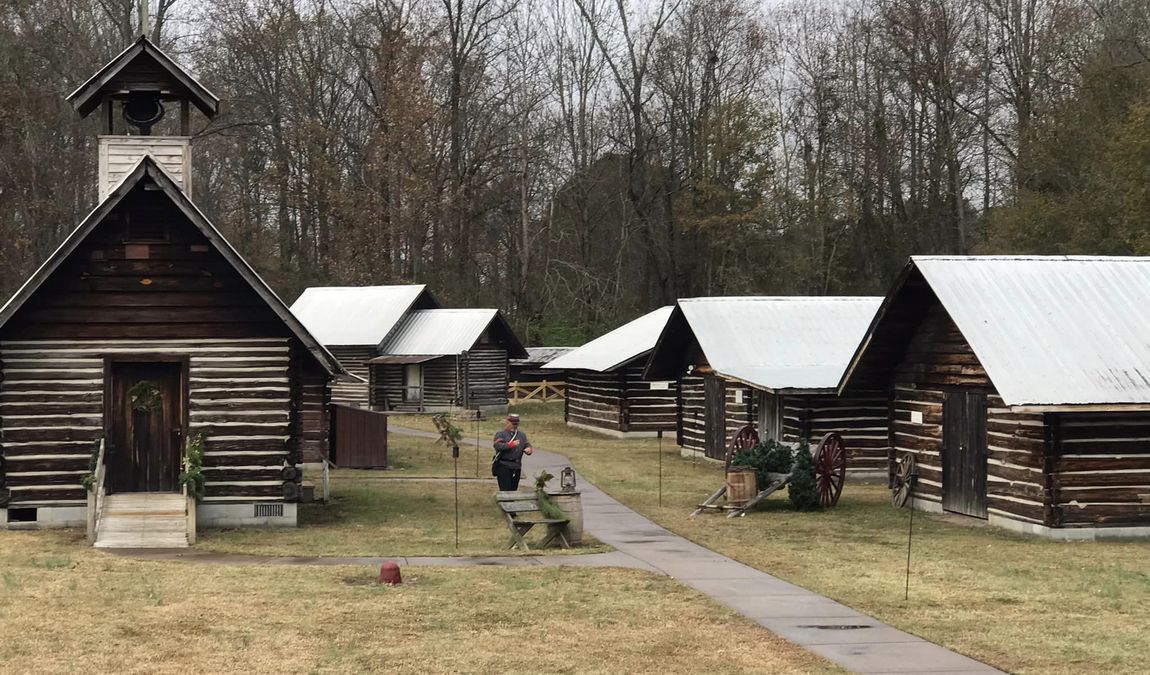 Photo: facebook.com/ecvillageandfarmmuseum
Photo: facebook.com/ecvillageandfarmmuseum
Here is Why Your Kids Will Find it Interesting
Eastern Carolina Village & Farm Museum is worth visiting with kids aged 6 and up. The hands-on experiences, such as churning butter and learning about old-school trades, will captivate young explorers. The interactive exhibits and costumed docents make history engaging and fun, sparking curiosity and imagination in young minds.
Family-friendly Features
- Interactive Exhibits: Engaging displays that encourage hands-on learning.
- Picnic Areas: Relax and enjoy a family meal amidst the historical surroundings.
- Guided Tours: Family-friendly tours that cater to all ages.
History and Background
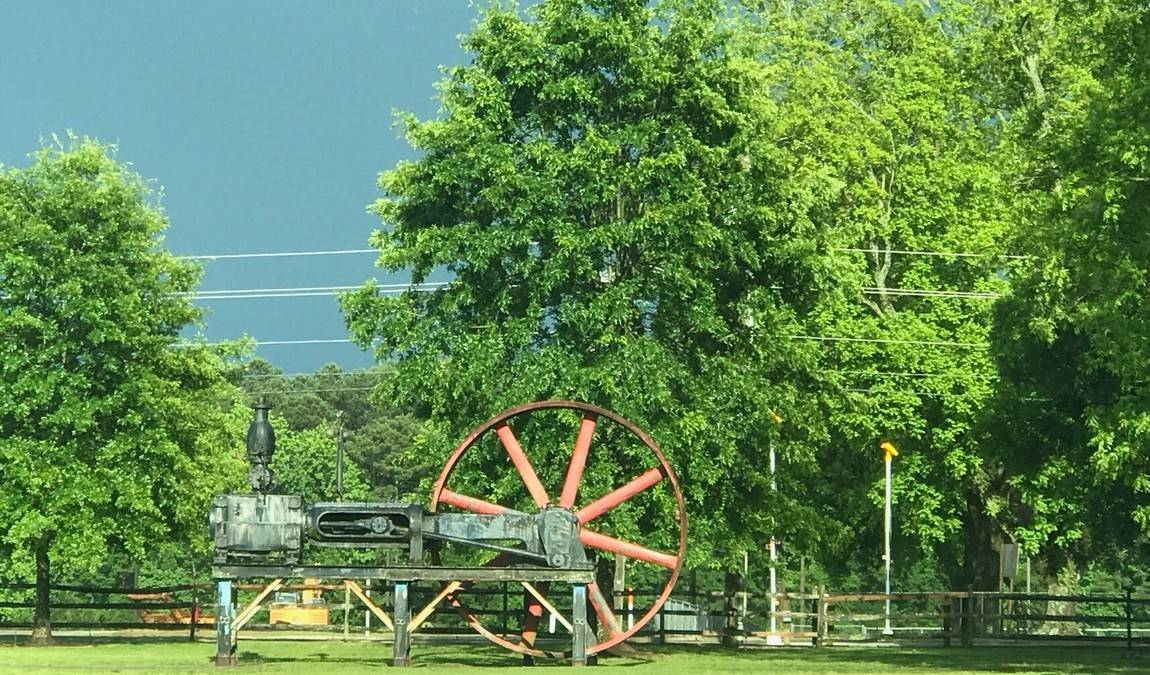 Photo: facebook.com/ecvillageandfarmmuseum
Photo: facebook.com/ecvillageandfarmmuseum
The Eastern Carolina Village & Farm Museum began its journey at the Pitt County American Legion fairground in 1979. Over the years, it has evolved into a comprehensive showcase of rural life, preserving structures and stories that span a century. The museum's collection of buildings and artifacts offers a window into Eastern North Carolina's agricultural and cultural history, emphasizing the period from 1840 to 1940.
Key Attractions and Exhibits
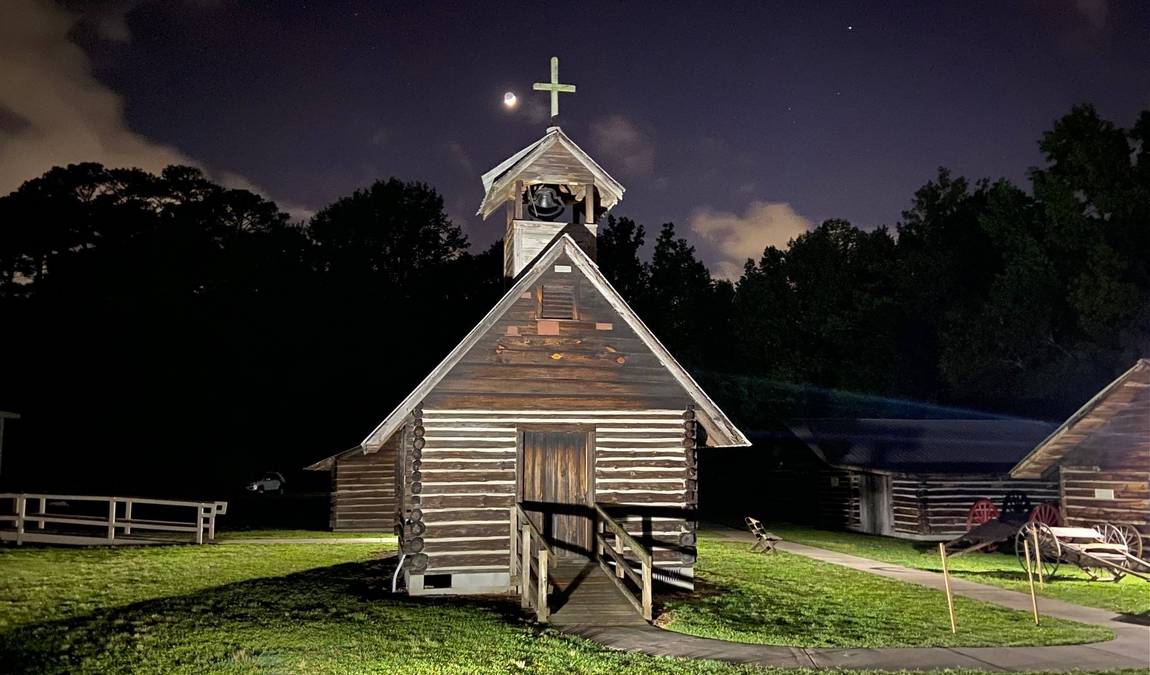 Photo: facebook.com/ecvillageandfarmmuseum
Photo: facebook.com/ecvillageandfarmmuseum
Visitors can explore a variety of meticulously preserved structures, each telling a unique story. Highlights include:
- Log Church: A serene space reflecting the spiritual life of the past.
- Blacksmith Shop: Witness the artistry and skill of traditional blacksmithing.
- Stables and Smokehouse: Discover the essentials of farm life.
- Corn Crib and Tobacco Barn: Learn about the region's agricultural staples.
- Schoolhouse and General Store: Step into the daily life of a bygone era.
The museum's collection of artifacts, such as antique scales and penny candy, adds depth to the experience. Living history demonstrations by costumed docents bring these exhibits to life, offering an immersive journey into the past.
Educational and Cultural Significance
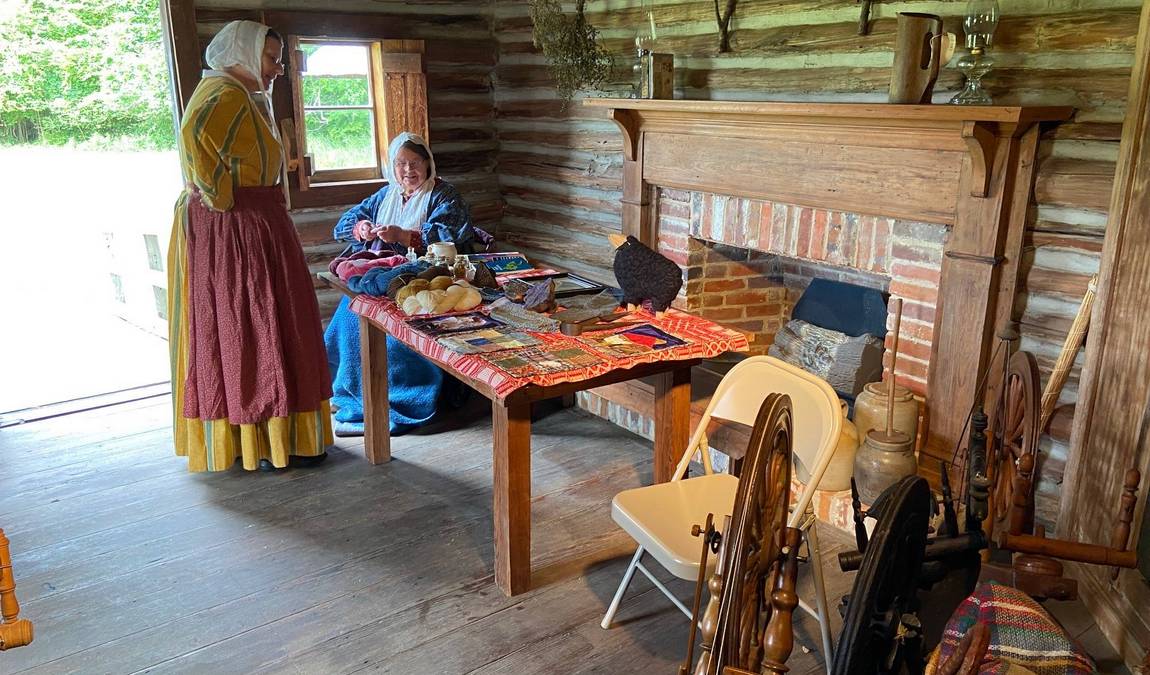 Photo: facebook.com/ecvillageandfarmmuseum
Photo: facebook.com/ecvillageandfarmmuseum
The Eastern Carolina Village & Farm Museum serves as a living classroom, offering invaluable lessons about the past. It played a pivotal role in educating the public about the intricacies of rural life and the trades that sustained communities from 1840 to 1940. By preserving and interpreting historical structures and artifacts, the museum ensures that the stories of those who lived and worked in Eastern North Carolina are not lost to time.
Visitors are invited to step into the shoes of farmers, blacksmiths, and shopkeepers, gaining firsthand insights into the daily challenges and triumphs rural communities face. Its exhibits highlight the ingenuity and resilience required to thrive in a time when modern conveniences were scarce. Through interactive displays and engaging narratives, guests learn about the agricultural practices, craftsmanship, and community dynamics that defined the era.
Moreover, the museum's commitment to cultural heritage and preservation extends beyond its walls. It actively engages with local schools and community groups, offering educational programs and workshops that bring history to life for students of all ages. These initiatives foster a deeper appreciation for the region's history, encouraging a sense of pride and connection among residents.
The Eastern Carolina Village & Farm Museum is more than just a repository of artifacts; it is a vital link to the past, nurturing an understanding of how historical events and everyday life have shaped the present. Through its efforts, the museum preserves history and inspires future generations to value and learn from it.
Special Events and Programs
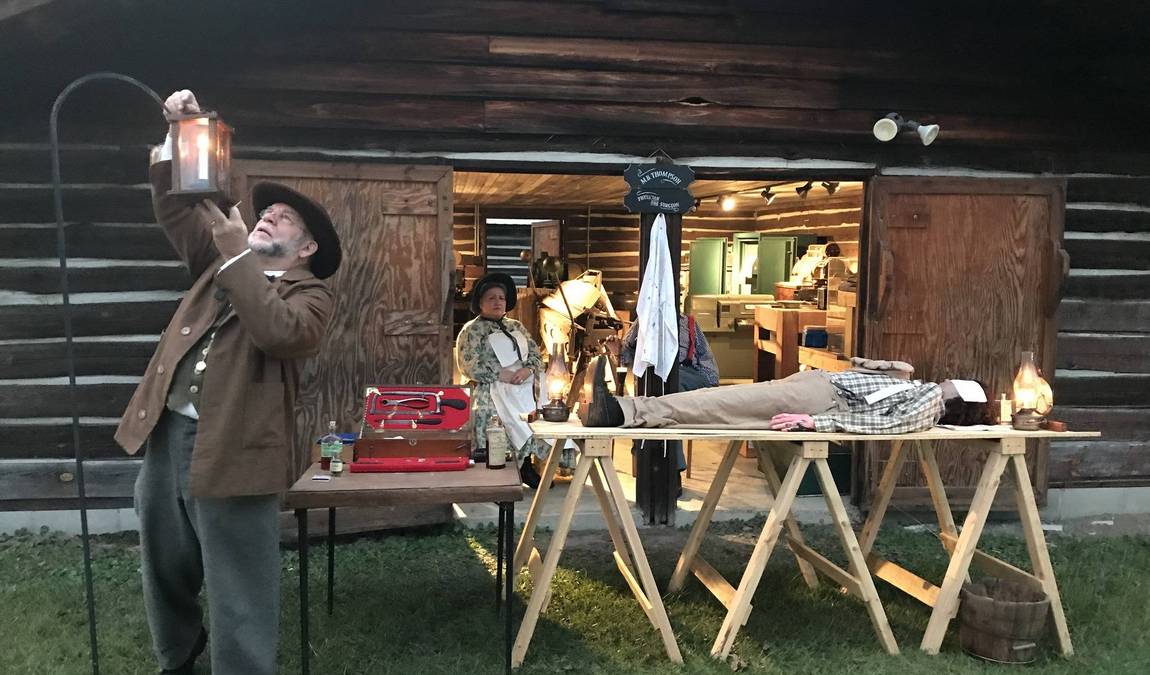 Photo: facebook.com/ecvillageandfarmmuseum
Photo: facebook.com/ecvillageandfarmmuseum
The museum hosts a variety of special events and programs throughout the year. Annual celebrations, such as Juneteenth, highlight critical cultural milestones. The museum also offers workshops and educational programs for families and children, providing hands-on learning experiences that engage and educate.
Best Time to Visit
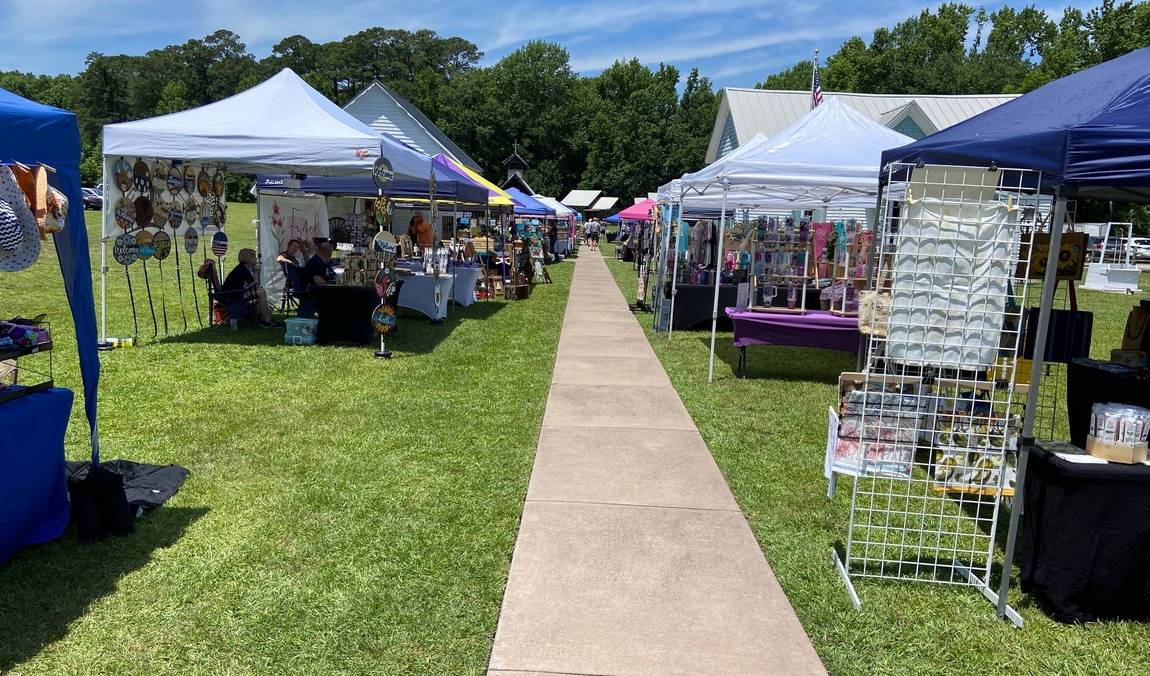 Photo: facebook.com/ecvillageandfarmmuseum
Photo: facebook.com/ecvillageandfarmmuseum
The best time to visit with children is during the spring and fall when the weather is mild. Weekdays are ideal for a quieter experience, and mornings offer the best light for exploring.
Recommended duration: Spend 2-3 hours to fully enjoy the exhibits and activities.
Our Resume
The Eastern Carolina Village & Farm Museum offers a captivating glimpse into the past, with authentic structures, engaging exhibits, and educational programs. It's where history comes alive, offering a meaningful experience for families and history enthusiasts alike.


